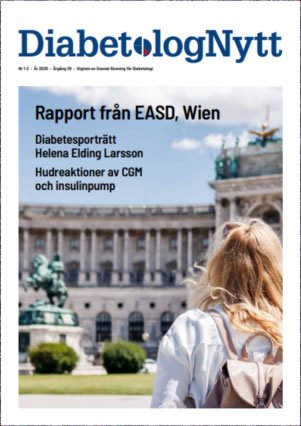American chaos: standing up for health and medicine
https://www.thelancet.com/action/showPdf?pii=S0140-6736%2825%2900237-5
Withdrawal from WHO and the Paris Agreements. USAID shuttered and aid halted, ceasing health programmes globally. A freeze on US$3 trillion worth of federal grants and loans, jeopardising the functioning of Medicaid.
A sweeping pause on key activities across the National Institutes of Health (the world’s largest biomedical research institution).
Stop work orders at the Centers for Disease Control and Prevention (CDC). Denial of gender diversity. The Mexico City policy reinstated.
Communications blackouts, which saw the Morbidity and Mortality Weekly Report not published for the first time in 60 years.
Donald Trump’s actions domestically and globally are not a measured reappraisal of US priorities. They are a sweeping and damaging attack on the health of the American people and those dependent on US foreign assistance.
They are also an attack on the health and medical research community.
• Researchers’ ability to work has been severely limited or stopped altogether.
• Free speech is restricted.
• Use of certain terms is banned on US Government websites (and in manuscripts submitted to scienti c journals), including “gender”, “transgender”, “LGBT”, and “non-binary”, and
• a directive has paused the submission of new work for publication for all CDC employees and contractors.
• At The Lancet, the impact has already been felt. Reviewers are declining and authors are self-censoring. Health institutions may be hesitant to criticise the new administration publicly, but this timidity is a mistake. Trump’s actions must be called out for the damage they are doing.
The 90-day freeze of US aid, including funds for the President’s Emergency Plan for AIDS Relief—even with a waiver for “life-saving humanitarian programs”—has left services in limbo, particularly for HIV prevention and key populations. These are not abstract concerns.
• Swathes of health workers have been red, clinics have closed, and patients have been a ected, as World Reports in this issue show.
• Elon Musk has called USAID “evil” and a “criminal organisation”, peddling falsehoods in an attempt to justify gutting, if not abolishing, the agency. These decisions are deeply wrong, with far-reaching impacts that set back decades of gains in disease control and health equity.
• Trump’s actions are a particular attack on women’s health, notably sexual and reproductive health and rights.
• The gradual progress that has been made on climate and health is now likely to stall or even reverse. More people will get ill and more people will die.
This moment is a test. How should our community react?
• The immediate result has been confusion, disruption, and disorientation, but the response cannot be dictated by fear or resignation. There is a need for focus, strategy, and—indeed—hope. Not all executive orders will survive legal challenges. Some orders have been tempered or adjusted thanks to civil society, journalists, government whistleblowers, and some members of Congress who have been vocal about the immediate harms.
• The health, medical, and scientic communities have a vital role in advocating for their patients, defending programmes, and lobbying for policies and institutions that are good for health and wellbeing. Bipartisan support for global health in the USA has given way to deep polarisation, and the global health community must contend with the fact that the USA is an unreliable partner.
• As Ilona Kickbusch notes in a Comment in this issue, other member states need to nance and build an organisation that is t for the challenges ahead.
• The health community has overcome huge obstacles many times before to make enormous contributions to humanity’s wellbeing. Those experiences have crystalised a vision about what health is, and what it can be. That everyone has a right to health.
• That the health of Americans is contingent on the health of everyone, everywhere—and vice versa. That cooperation and constructive partnerships are vital, and that science has the ability not only to advance our understanding of the world but also to bring people together. That health is a social good, bene cial for societies, a driver of economies, and a path to development.
• That medicine can help people at their lowest, alleviate su ering, and improve lives.
• That equity—treating according to need— is fundamental to what medicine is. And that to care is an act not of weakness, but of strength.
The past 3 weeks have generated much anger, fear, and sorrow—but it is no time for panic.
The medical and scienti c communities must come together and stand up for this vision. In that spirit,
The Lancet will be a focal point of accountability over the next 4 years, monitoring and reviewing the actions of the US Government and the consequences of its decisions for health.
The Lancet
Press release the Lancet
_______________________________
Gender removal by fiat:
impacts of new Trump administration edicts
Supplementary Material (1)
References
Washington Post, Jan 31, 2025
Nyhbetsinfo
www red DiabetologNytt

